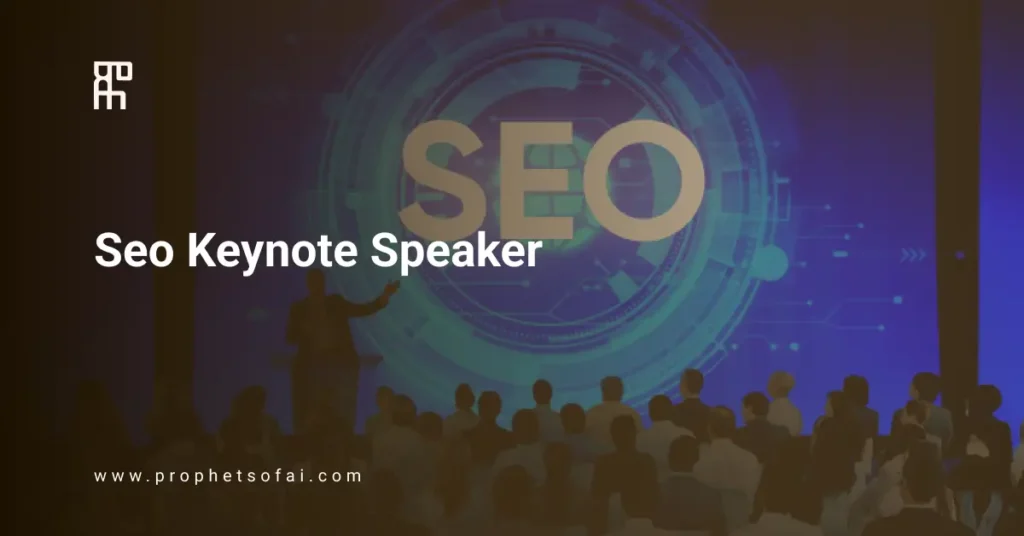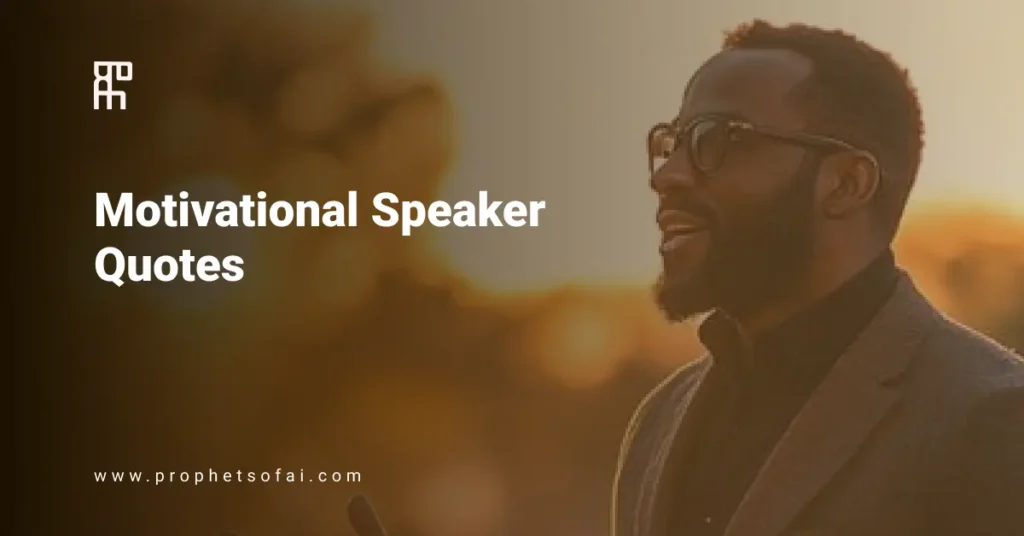future voices
Meet
Our Speakers
From pioneering researchers and entrepreneurs to embodied AI systems that speak for themselves — our speakers redefine what it means to take the stage.
Topic
Fee Range
Location
Gender
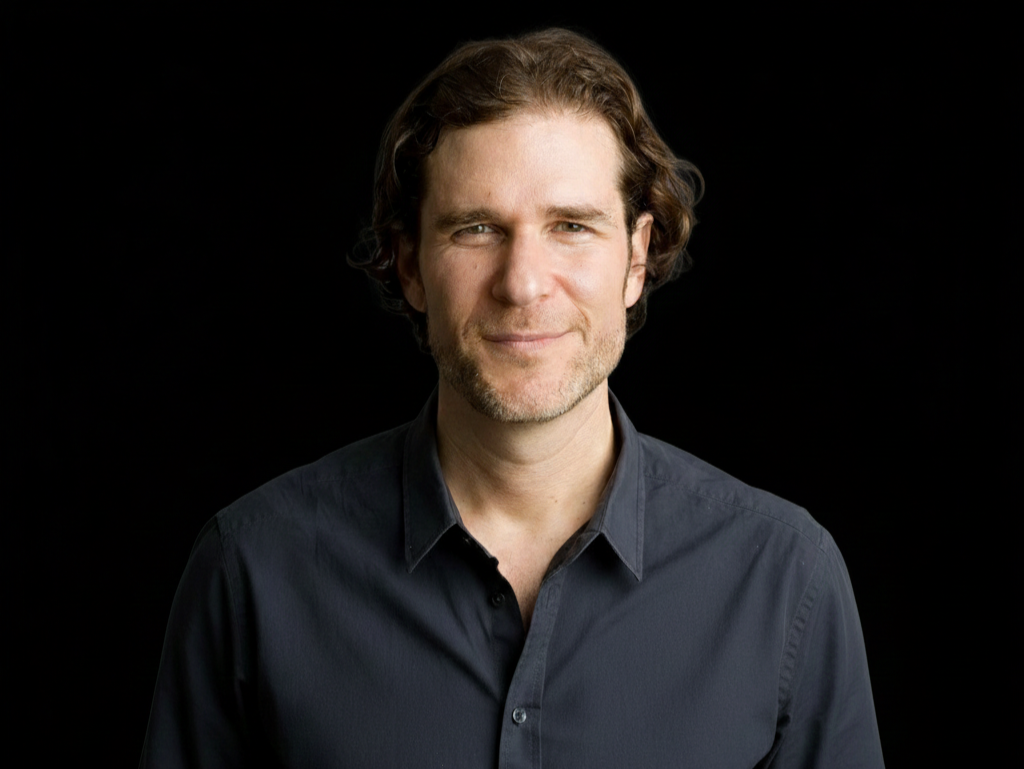
Travels from
Varied
Speaker fee
Contact us for details
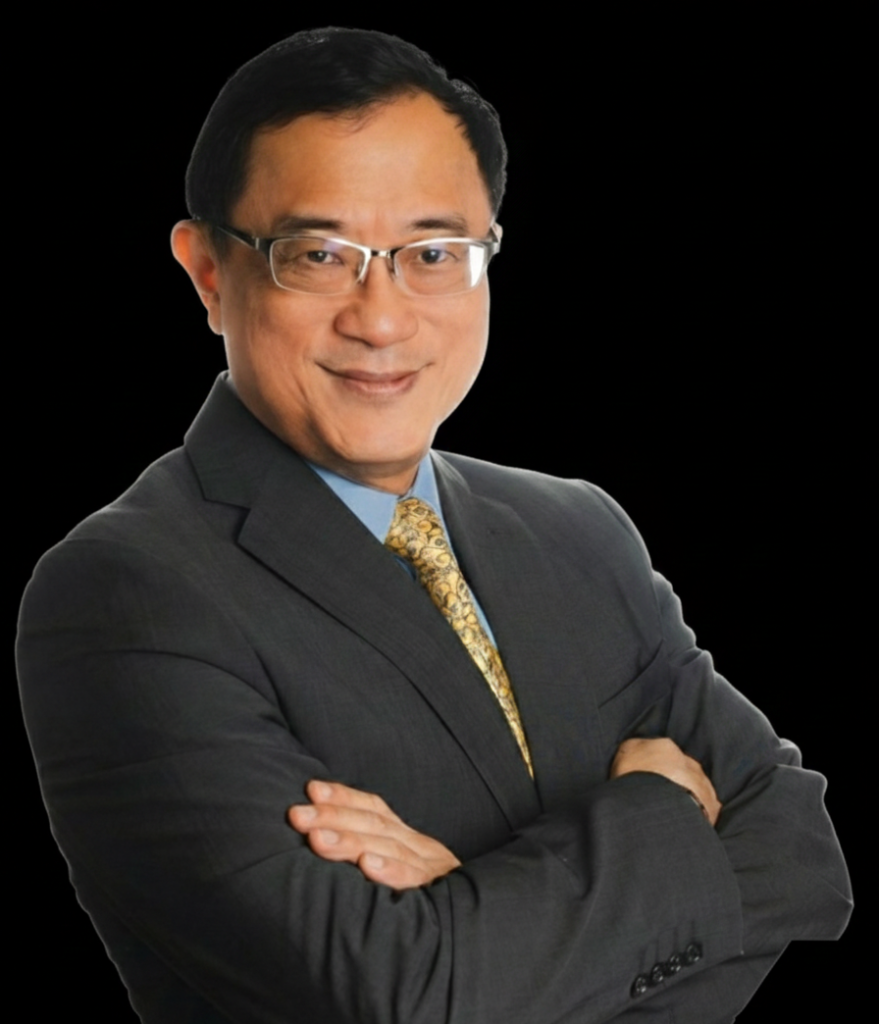
Travels from
Varied
Speaker fee
Contact us for details
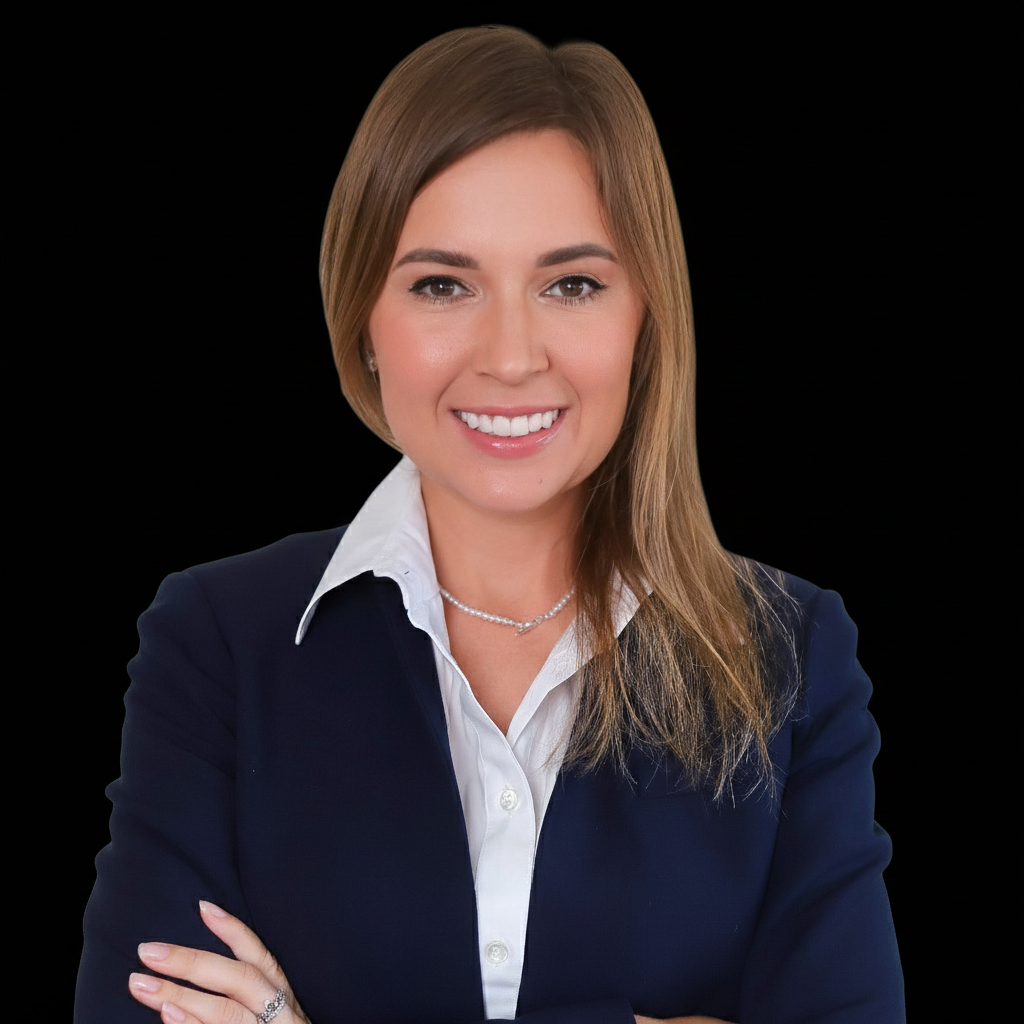
Travels from
Varied
Speaker fee
Contact us for details
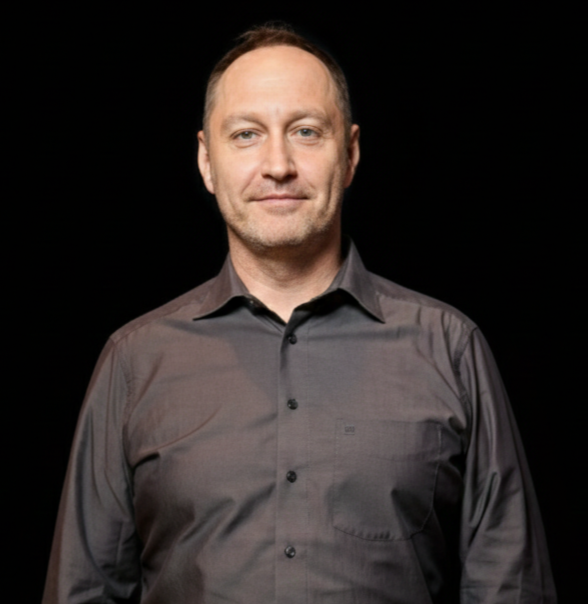
Travels from
Varied
Speaker fee
Contact us for details
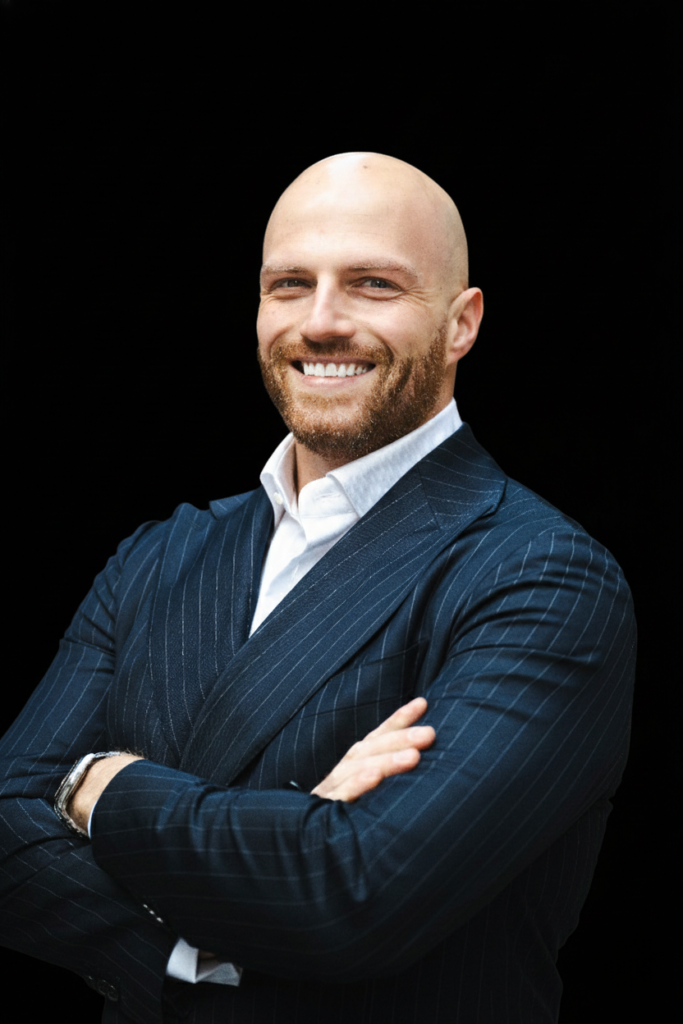
Travels from
Varied
Speaker fee
Contact us for details
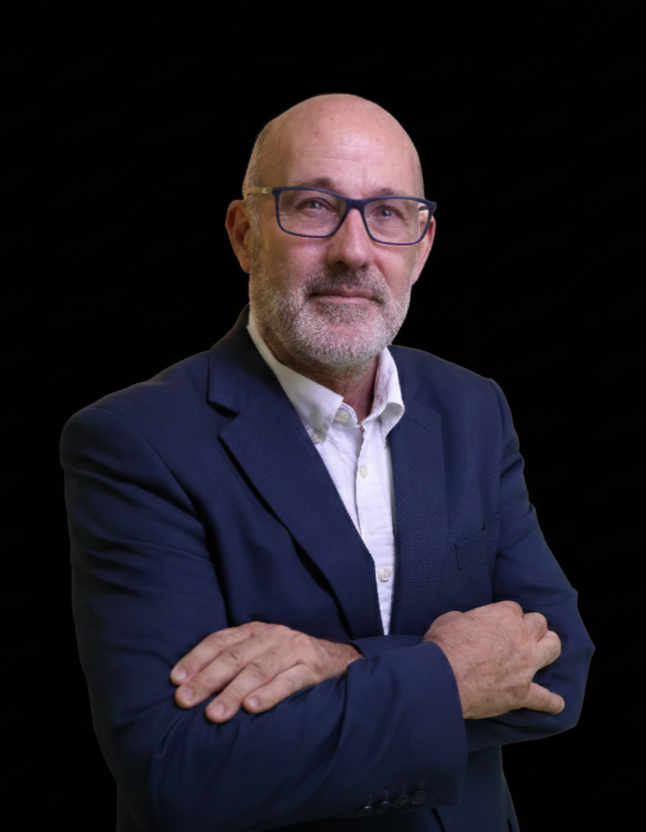
Bryan Cassady
- Free intro call
Director of the Global Entrepreneurship Alliance – On a mission to train 1 million innovators
Travels from
Varied
Speaker fee
Contact us for details
Your stage, their voice.
From pioneers to embodied AI, we’ll help you find the right fit.
